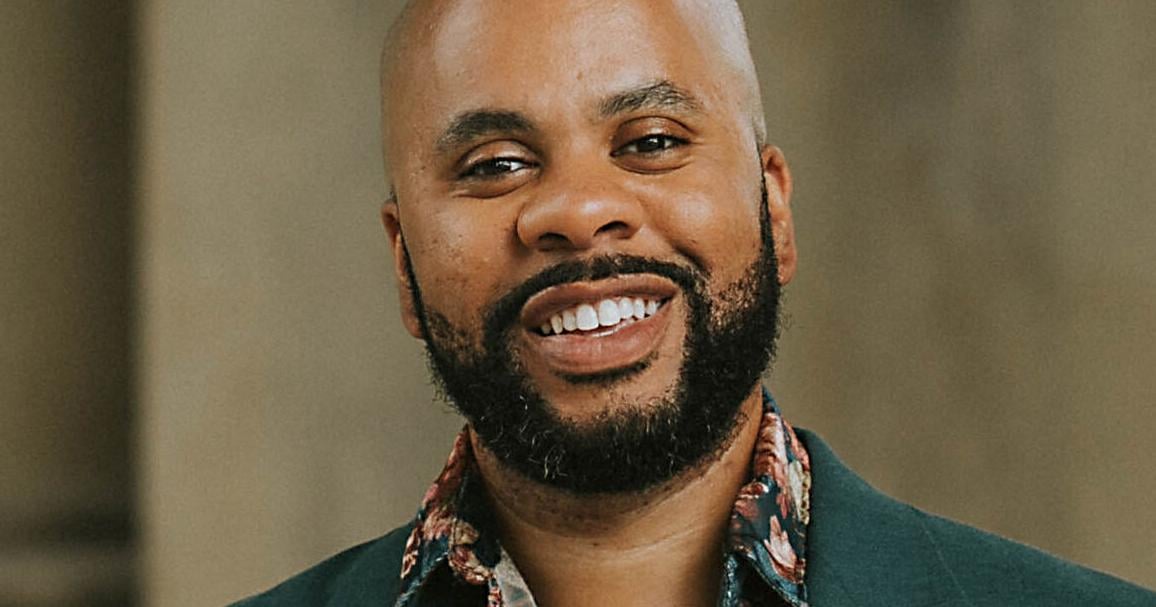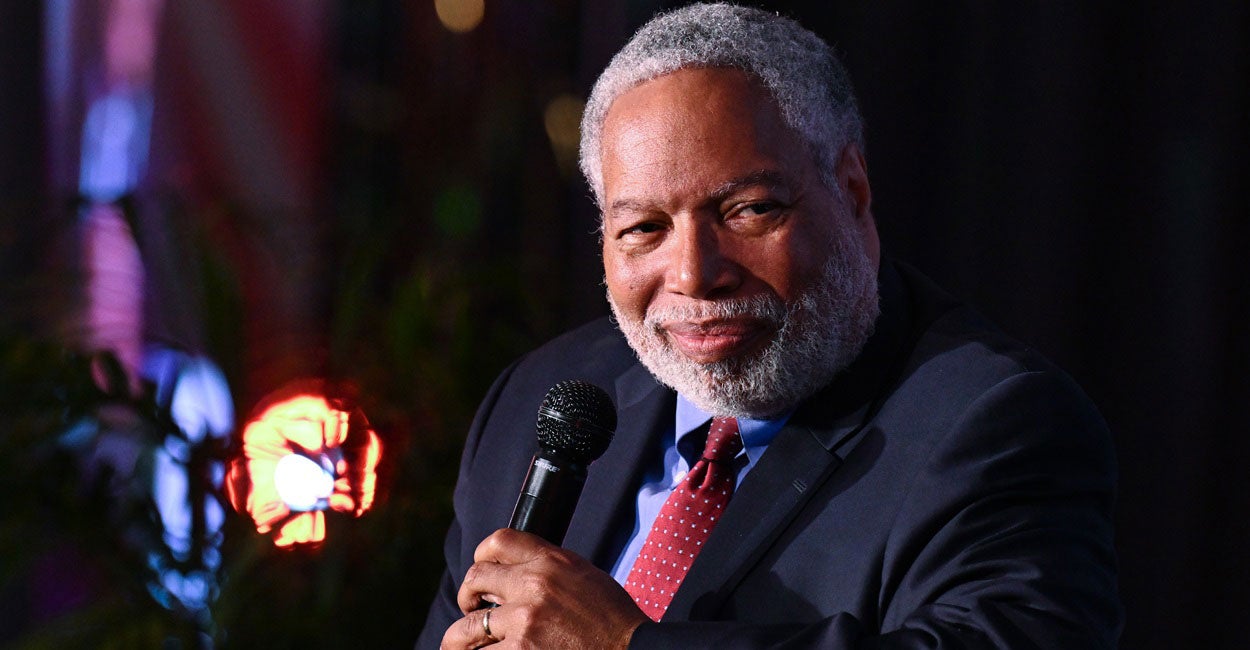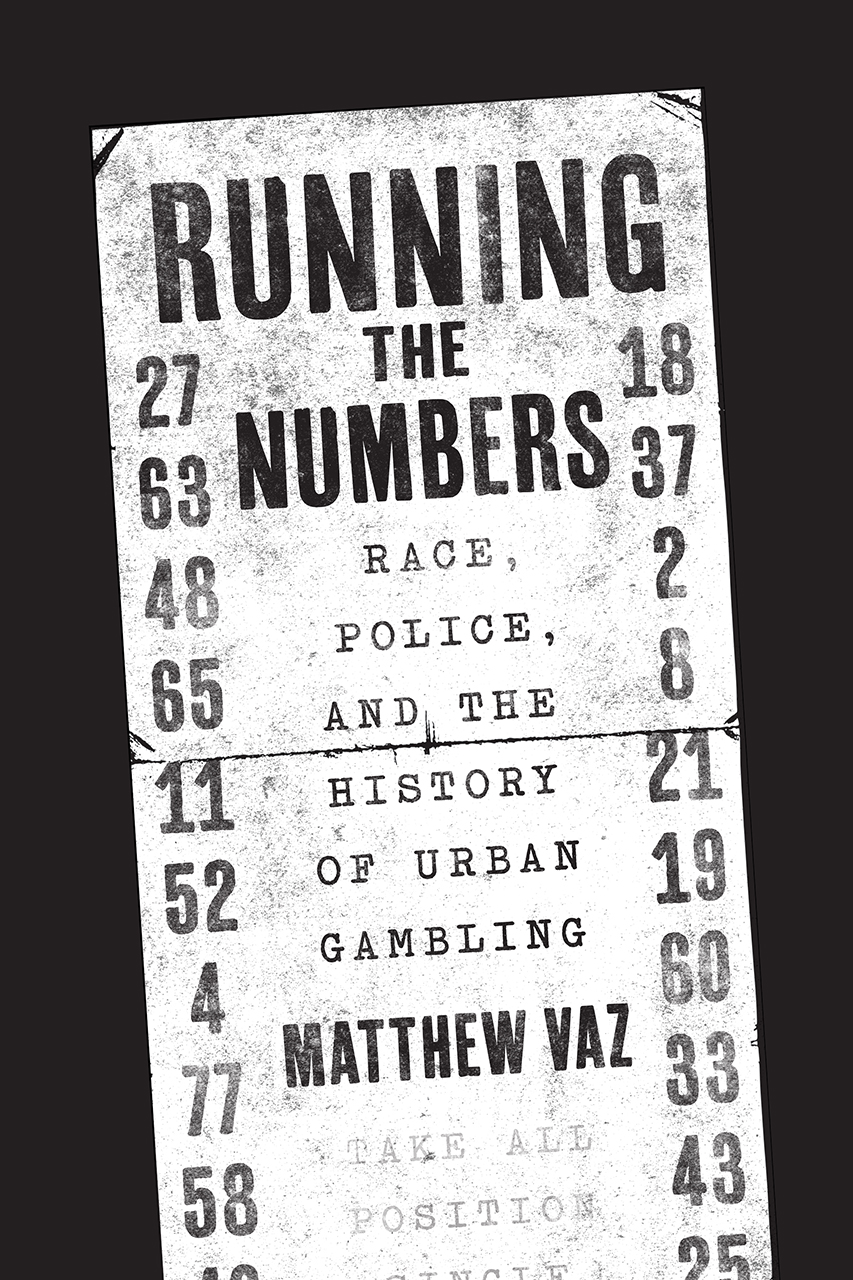- BlackVoter.Org
- Posts
- BlackVoter.Org
BlackVoter.Org


In this heartfelt "Asking Eric" column, a reader grapples with the heartache of possibly being uninvited from a friend’s wedding over political discord. The correspondence reveals a complicated friendship marked by mutual respect despite strong disagreements.
After months of wedding talk and excitement, the reader’s hopes dimmed when their friend handed an invitation to another person in their presence, leaving them feeling hurt and confused. Eric Thomas advises communication and honesty, suggesting the reader gently confront their friend about the situation.
He posits that their friend might not be as vindictive as it seems, and checking in could clarify the misunderstanding. This column beautifully underscores how friendships can be tested by differing beliefs while emphasizing the importance of open dialogue in nurturing relationships.

On June 14, 2025, as Donald Trump celebrated his 79th birthday with a military parade, hundreds of thousands of Americans flooded the streets in a historic demonstration dubbed the "No Kings Nationwide Day of Defiance." Protests erupted across all 50 states, united against Trump’s authoritarian policies, including controversial executive orders and cuts to public health.
Estimates suggest over five million participants, potentially making it the largest single-day protest in U.S.
history, with signs humorously branding Trump as “Orange Mussolini.” While many protests remained peaceful, tensions escalated in Los Angeles over ICE-related deportations, prompting the National Guard's deployment and police clashes with participants.
Despite sporadic violence, the protests underscored a powerful collective demand for justice and a return to democratic values, with communities channeling their frustrations through creative expressions and chants echoing demands for immigrant rights and government accountability.

In a fiery podcast episode, Cuban-American podcaster Angelina Castro has sparked intense debate by criticizing the Cuban-Latino community for its lack of support for Black Americans. Castro's impassioned call to arms highlights the historical disconnect between these communities, urging Cubans to confront their own biases and advocate for racial solidarity.
She emphasizes that the Black community holds significant political power and that, in the fight for justice, Latinos should align themselves with Black Americans rather than dismiss their struggles. The episode has gone viral, stirring mixed reactions—some celebrate her bravery in addressing uncomfortable truths, while others take issue with her blunt language.
Regardless, Castro’s candid remarks reignite discussions on allyship and unity among marginalized groups, particularly in diverse places like South Florida. As the conversation unfolds, it serves as a critical reminder of the importance of solidarity across racial lines in the quest for equality.

In a surprising turn, the Smithsonian Institution has agreed to audit its content following pressure from President Trump and two Republican lawmakers. During a recent board meeting, they acknowledged the need for a thorough review to eliminate perceived biases within its 21 museums.
Critics argue that the Smithsonian has leaned heavily into a left-wing narrative, prioritizing themes of exploitation and shame over America’s achievements. This has sparked calls for accountability, particularly concerning Secretary Lonnie Bunch, whose leadership has been scrutinized since 2019.
As the audit begins, questions loom over whether it can successfully steer the institution back to its mission of showcasing America's rich history without one-sided interpretations. The outcome of this audit could redefine how the Smithsonian presents the past and shapes national identity, stirring debates over the influence of “woke” ideologies on culture and history.

"Running the Numbers: Race, Police, and the History of Urban Gambling" by Matthew Vaz delves into the fascinating intersection of gambling, race, and law enforcement in mid-twentieth-century America. The book reveals how urban African American communities cultivated low-stakes gambling economies, which blossomed into significant economic engines in areas like Harlem and Chicago’s South Side.
However, this newfound economic activity drew the attention of police, who exploited it for graft and corruption. Vaz illustrates the government's response: legalizing lotteries to outcompete underground games while addressing the corruption that plagued these communities.
Through compelling narratives, he explores how gambling served as a battleground for racial tensions and politics, reflecting broader issues of justice and inequality. A must-read for anyone intrigued by the complex relationship between race, economics, and societal control, "Running the Numbers" uncovers a pivotal—yet often overlooked—chapter in American history.

The appointment of Pope Leo XIV, the first American-born pontiff with Black ancestry, has ignited compelling discussions about race, representation, and power within the Catholic Church and American society. His roots, traced back through a rich tapestry of African, European, and Native American heritage, reflect the diverse identities that are increasingly shaping the U.
S. landscape.
This new pontiff's presence challenges the narrative around "wokeness" in faith and underscores the growing diversity among American Catholics, who are now predominantly non-White. As the Church grapples with issues of racial justice, immigration, and societal change, Pope Leo XIV’s unique background positions him as a pivotal figure at the intersection of faith and politics, invigorating a dialogue on inclusivity that resonates across the nation.
Ultimately, his ancestry is not just a personal story; it symbolizes a broader transformation in how faith, race, and authority intertwine in today's America.